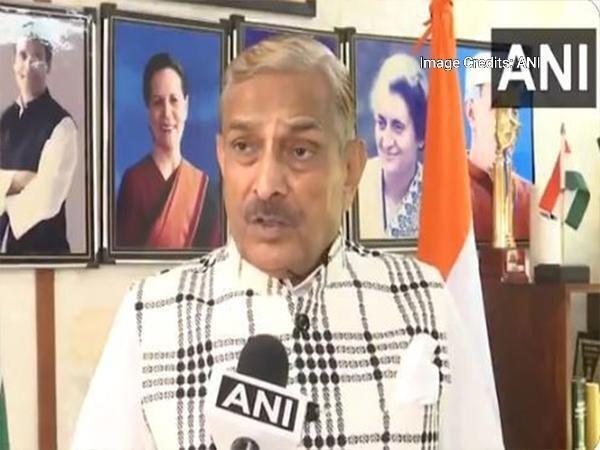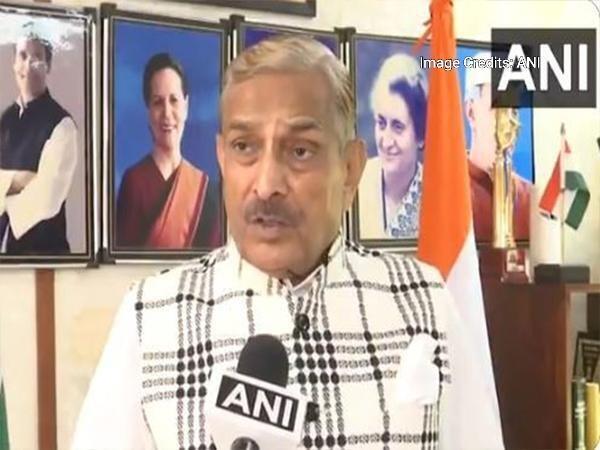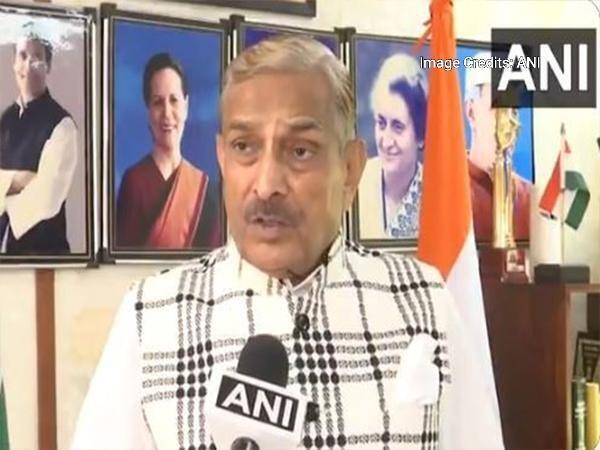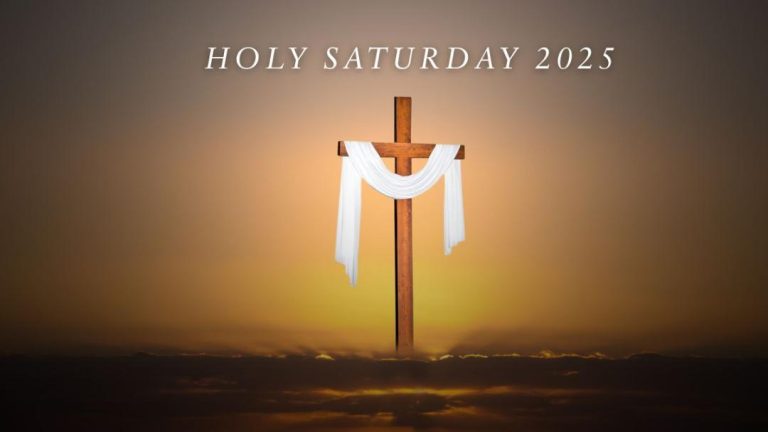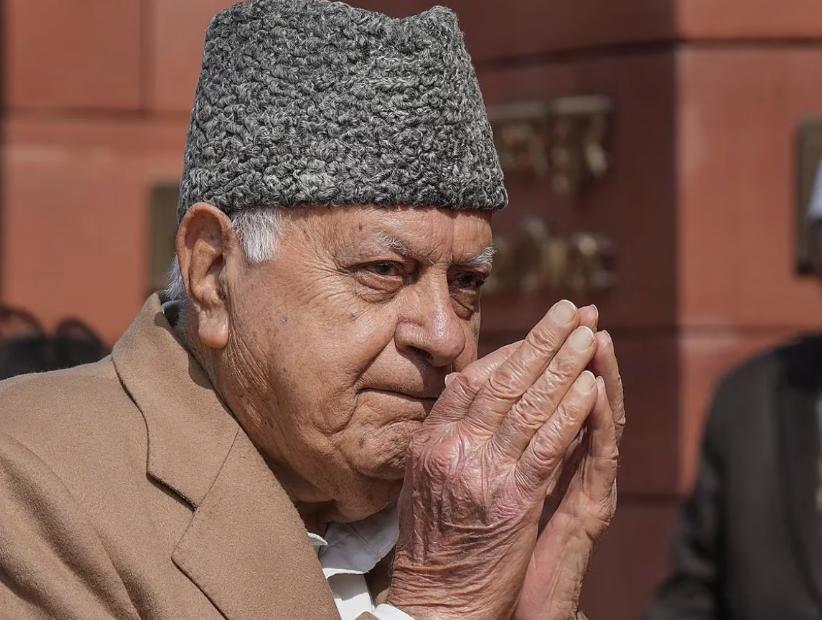
Ex-R&AW chief Dulat claims Farooq privately backed Article 370 abrogation, he denies
The abrogation of Article 370, which granted special status to Jammu and Kashmir, has been a topic of intense debate and controversy in recent times. The move, taken by the Indian government in August last year, has sparked widespread protests and opposition from various quarters. Now, a new development has emerged that has added another layer of complexity to the controversy.
In his recently published book, ‘The Chief Minister and the Spy’, former R&AW chief A.S. Dulat has claimed that former J&K Chief Minister Farooq Abdullah privately backed the abrogation of Article 370. According to Dulat, Abdullah had suggested that the National Conference (NC), the party he led, would support the abrogation of Article 370 if it was done through a constitutional process.
Dulat, who is known for his close relationships with various political leaders, including Abdullah, made this claim in his book. He reportedly wrote that Abdullah had told him that the NC would have supported the abrogation of Article 370 if it was done through a constitutional process, which would have helped in passing the Bill.
However, Abdullah has strongly denied Dulat’s claim, terming it a “figment of imagination” of the author who claims to be his friend. In a statement, Abdullah said that he had never suggested that the NC would support the abrogation of Article 370, and that Dulat’s claim was baseless.
“This is a figment of the imagination of the author who claims to be my friend. I have always been opposed to the abrogation of Article 370 and I will continue to be so. The NC has always been a strong advocate of the special status of Jammu and Kashmir and we will continue to fight for it,” Abdullah said.
The controversy surrounding Dulat’s claim has sparked a fresh debate on the nature of the abrogation of Article 370. While Dulat’s claim has been met with skepticism by many, others have seen it as a revelation that could have significant implications for the political landscape of Jammu and Kashmir.
The abrogation of Article 370 was a major move by the Indian government, which was seen as a significant step towards integrating Jammu and Kashmir with the rest of the country. However, the move was met with widespread protests and opposition from various quarters, including the NC and other political parties.
The controversy surrounding Dulat’s claim has also raised questions about the nature of the relationship between the Indian government and the political leaders of Jammu and Kashmir. While Dulat’s claim suggests that Abdullah may have been willing to support the abrogation of Article 370, Abdullah’s denial has raised doubts about the accuracy of Dulat’s account.
In the light of this controversy, it is clear that the debate on the abrogation of Article 370 is far from over. While Dulat’s claim may have added a new layer of complexity to the controversy, it is clear that the political landscape of Jammu and Kashmir will continue to be shaped by the ongoing debate on this issue.
Source:
https://repository.inshorts.com/articles/en/PTI/5880e3bf-0a05-40d6-887a-465b5c760b3a
